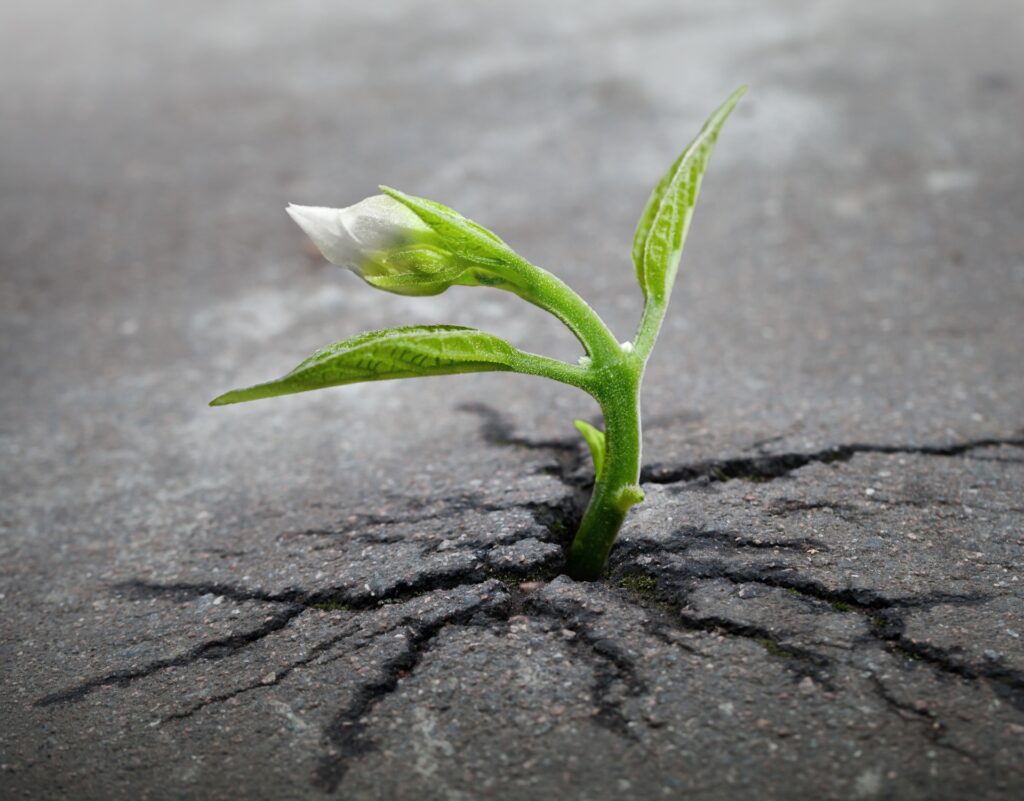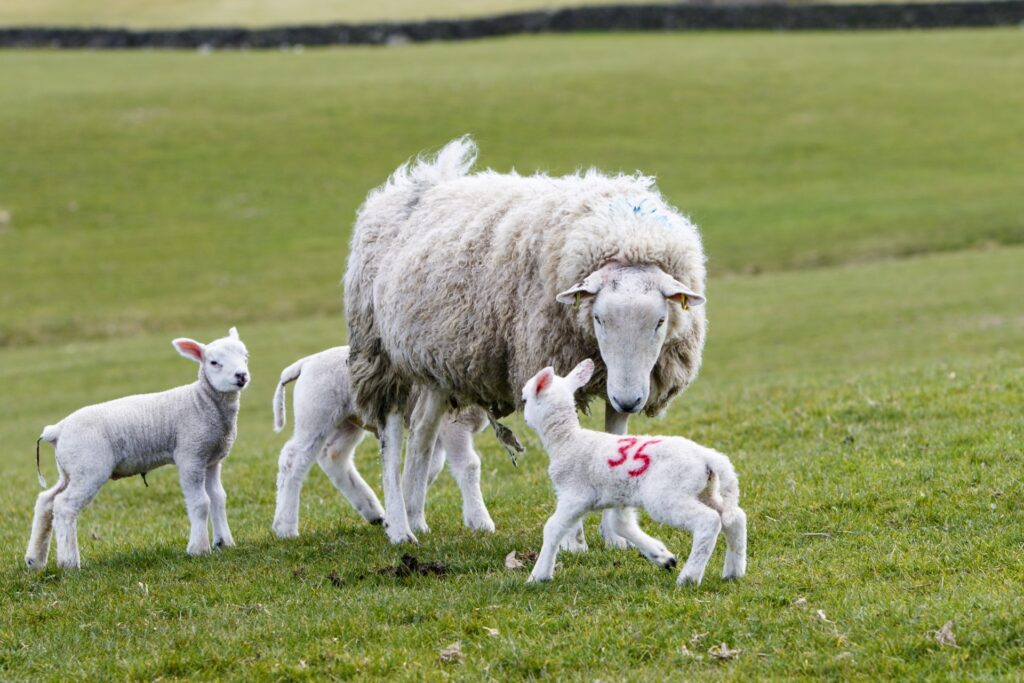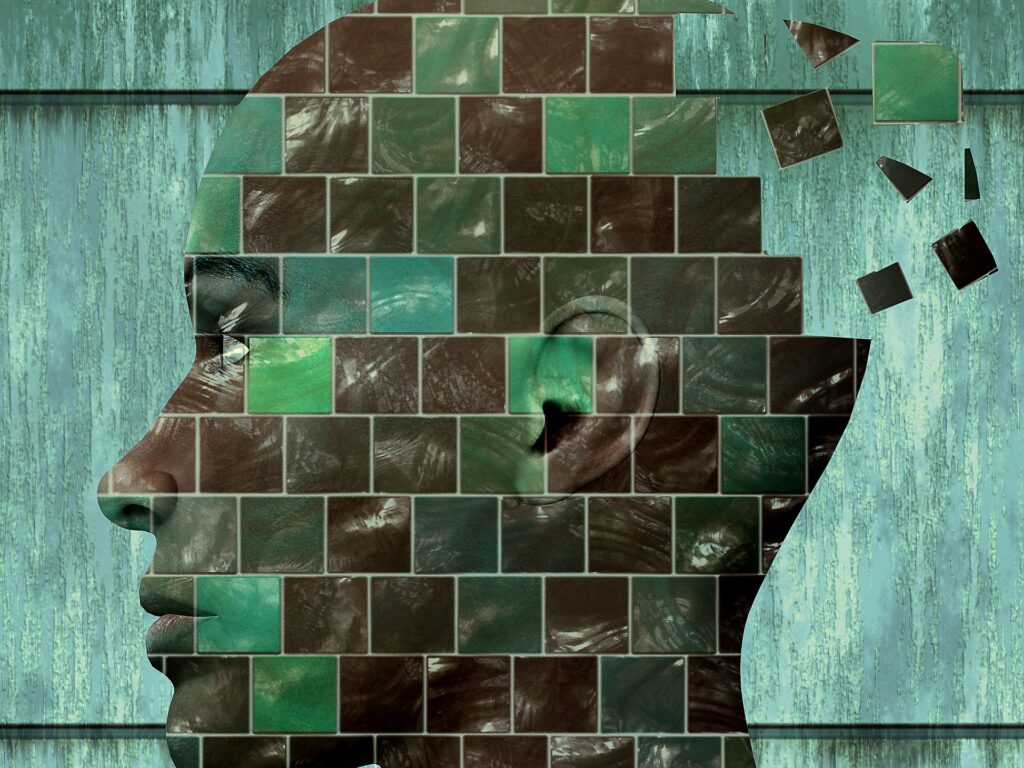Welcome to June’s issue of Synchronized Chaos Magazine!

A recent book from civil rights activist Valarie Kaur, See No Stranger: A Memoir and Manifesto of Revolutionary Love, encourages people to develop understanding and respect for people different from themselves through a process of she describes as “breathe and push.”
This involves continually challenging yourself to grow and become a wiser and more caring person and then “breathing” by reflecting and resting to replenish your energy.
As she says “What if this is not the darkness of the tomb, but the darkness of the womb?”
This month’s issue deals with characters and places who are “breathing” and “pushing,” growing and becoming. They are caring for children and pets, gaining understanding of the world and becoming more fully themselves, grappling with mythos and legacy, exploring imagination and consciousness, mourning tragedies and resolving to move forward with hope.

Harlan Yarbrough’s young couple and their child navigate an asteroid-caused disaster in a story that seems an allegory of parenthood in a turbulent world. Raising a small child can resemble an isolated, survivalist-type experience in some cultures, as parents retreat into the domestic sphere to focus on their child’s needs. Although the larger world continues to affect them, sometimes the small family simply waits it out until the smoke clears.
Chimezie Ihekuna also writes about parenting in an essay that acknowledges the commitment and care of parents of all genders.
Laura Stamps’ speaker raises a dog and humorously relates how she prefers him to a human companion. K.J. Hannah Greenberg’s second collection of photographed animals seem rather peaceful, contemplating life in the sunshine.
J.J. Campbell’s speaker has finally found love but battles the insecurities of middle age. Santiago Burdon writes of a mother who experiences the dreary weariness of some days of parenthood, as well as a city that has lost its luster and become harsh and angry.
Christine Tabaka writes of various sorts of endings, yet, as her other pieces suggest, these can also be catalysts for spiritual transformations into new discoveries and ways of being. Candace Meredith relates a piece from a person who has passed away, encouraging their loved ones to remember them and continue to live.

Film critic Jaylan Salah interviews Egyptian filmmaker Ahmad Abdalla, whose work focuses on people and cities in the complex state of growing and becoming who they are. Poet Mary Mackey interviews poet D. Nurkse, who discusses his sources of inspiration for his new book A Country of Strangers and how poetry can resist authoritarianisms of various kinds.
Sandra Rogers-Hare educates us on Juneteenth, the day when a last holdout of American enslaved people in Texas learned of their emancipation.
Ike Boat describes the grandeur of a majestic urban hotel within his native land of Ghana. Listen to more about the Asempa Hotel here.
Selene Ozturk’s essay explores the mixture of Roman Empire and American Western metaphors within the architecture of San Francisco’s Palace of Fine Arts and the idea of rugged, yet enduring grandeur.
Pascal Lockwood Villa’s futuristic story also harkens back to Old West metaphors to explore what it means to be human through a discussion between a robot sheriff and a female human convict.
John Edward Culp asserts the reality of human consciousness in his heady, yet forceful poem while Andrew Cyril MacDonald comments on our human psychologies within a digital, consumerist age.

Sidnei Silva crafts words and letters from her subconscious to reflect and memorialize the music of Vangelis. In another take on music, Jack Galmitz honors a recorder player who breathes out a melody amid the wildness of nature and society. Also, Ivan Fiske writes of the song of our spirits when we breathe and re-center amidst the world’s tragedies.
Renwick Berchild’s poems show how our whole world – cathedrals, whales and other ocean creatures, birds, pottery kilns – is telling us stories, inspiring thoughts and pieces.
Mark Young wends his way through a surreal path of the imagination, navigating territory in a quest reminiscent of the work in J.D. Nelson’s subterranean word forge.
Michael Robinson’s pieces relate his journey of spiritual growth and contemplation, finding solace in Christ’s love. Sunday T. Saheed explores life, death, heritage and legacy in his lyrical poem. Steven Hill reflects on how each moment of our lives is in a way, a “loan” and should not be taken for granted.

Chukwuma Eke Pacella comments on the complex inner psyches of boys and men as well as women in thoughtful meditations on gender and human equality. Anderson Moses probes our relationship with our bodies in pieces that touch on heritage and spirituality.
Mahbub writes of various kinds of afflictions and dangers our world faces, but reminds us of our potential for acts of kindness, such as his rescue from drowning in a pond as a small child.
Salim Yakkubu Akko renders the psychological dislocation of grief over a violent nation in crisis (Nigeria) in a stream of consciousness poem, while Bruce Roberts and Leticia Garcia Bradford and Sheryl Bize-Boutte and Patricia Doyne and Ann Pineles also grieve with more linear and forthright pieces over shooting deaths in another nation in crisis (the United States).
Finally, Aurora Brown’s haikus resound with a clarion call of hope.

Poemer